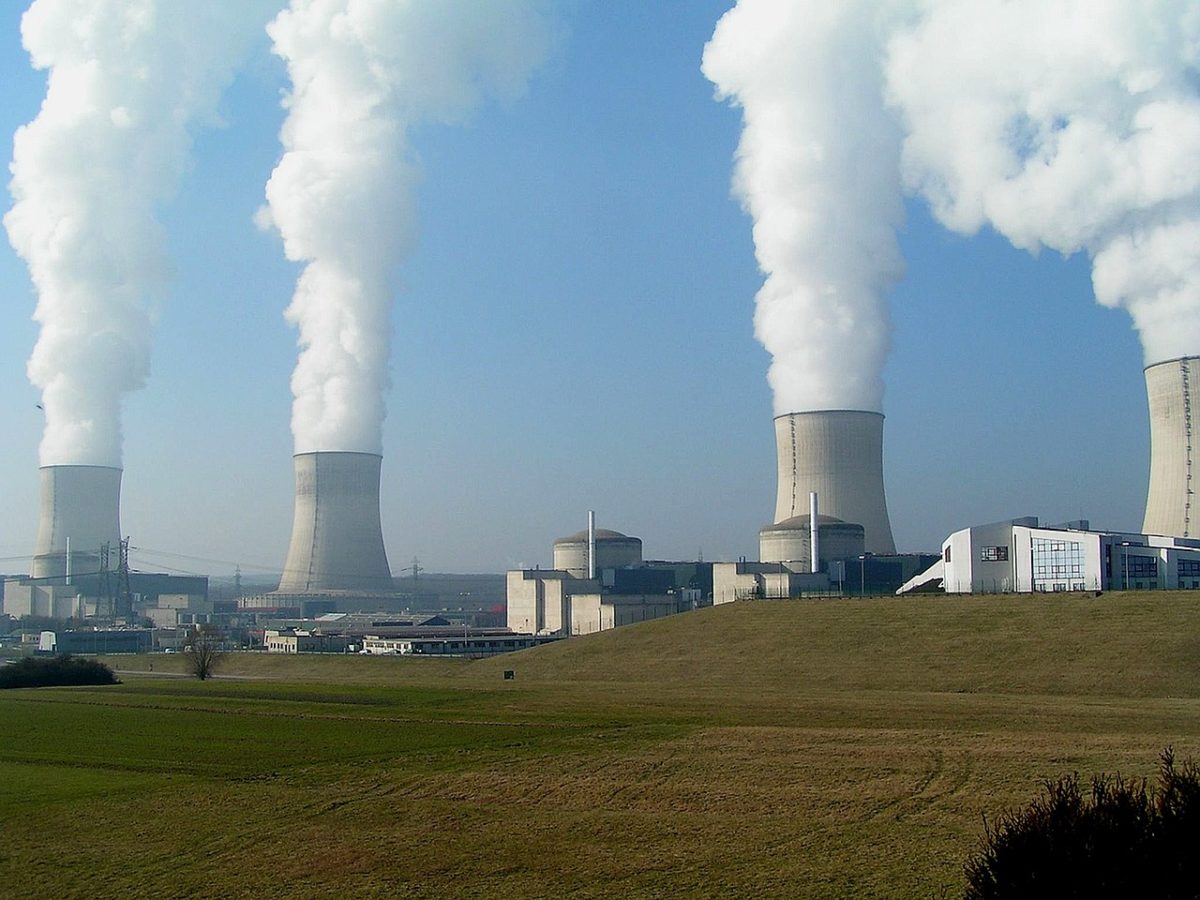The worst fears surrounding France’s new energy strategy, the “Programmation pluriannuelle de l’énergie” (PPE) have materialized, with the current French government unveiling three possible scenarios for its further commitment to nuclear power.
As expected, none of them includes the target set by the previous government of François Hollande, which had stated that the share of nuclear in the country's energy mix will decline from around 71% currently to 50% by 2025.
According to French press agency AFP, the first scenario, recommended by the Ministry for the Ecological and Inclusive Transition, envisages the shutting down of just six nuclear power plants by 2028, while another six nuclear reactors will be closed by 2035.
This means that the 50% target will be reached a decade later than initially planned, and that in theory, the share of nuclear energy may remain unchanged until 2028. And this is the most optimistic scenario for clean energy development.
According to AFP, the second scenario will see no nuclear plants closed by 2028, after which 12 would be shut down by 2035; while the third scenario – recommended by the Ministry of Finance – envisages the closure of no reactors by 2028, the closure of nine by 2035 and the construction of four new ones by 2040. In the second scenario, the 50% target would be achieved in 2035, while in the third, it would be reached by 2040.
All in all, under each of the three scenarios, the 50% target would be delayed by a decade.
Energy frexit
“We could define this plan as an Energy Frexit,” Xavier Daval, Chair of SER-SOLER, the solar commission of French renewable energy association SER told pv magazine. “With more than 70% of nuclear energy as base load of the French electric mix, the bigger the volume of renewables, consisting of wind and solar being not dispatchable, the higher their disconnection will be.”
According to him, the new plans will be synonymous with high revenue uncertainties over the long run, thus increasing prices for renewables. Furthermore, he said that only the first scenario is compliant with the point of view of the renewable energy industry, while the other two would compromise its future.
“As of today, however, it is important to recall that these are illegal projections as long as the French law has not been revised,” continued Daval. In a previous interview with pv magazine on the matter, he said that this new commitment to nuclear power is risking of energy isolationism.
French President Emmanuel Macron will make a final decision on the three scenarios next week, according to AFP.
Putting PV at risk
When he began his mandate as a champion in the fight against climate change and a strong supporter of renewables – he launched the #PlaceAuSoleil plan, a package of 30 measures intended to spur solar development – no one believed Macron would change the 50% nuclear target. That something was afoot, however, was evident in the resignation of former environment and energy minister Nicolas Hulot in late August.
Without the room made by the phasing out of France's nuclear reactors, it will be difficult for French energy giants EDF and Total to implement their respective 30 GW and 10 GW domestic solar plans. EDF's plan, in particular, was designed to replace the missing nuclear capacity of its closed reactors. The company owns and operates all of France's 58 nuclear power plants, which have a total installed capacity of 63.1 GW.
The existing PPE plan, initiated by former minister Ségolène Royal, is targeting 10.2 GW of solar this year, and 20 GW by 2023. Currently, however, France has a cumulative installed PV power of approximately 8.5 GW, which means that the target for this year will be missed.
This content is protected by copyright and may not be reused. If you want to cooperate with us and would like to reuse some of our content, please contact: editors@pv-magazine.com.




Any plan of switching off clean energy source prematurely is harmful for the climate. France has mostly decarbonized her electroenergetics and replacing nuclear with PV will only increase cost and emission.